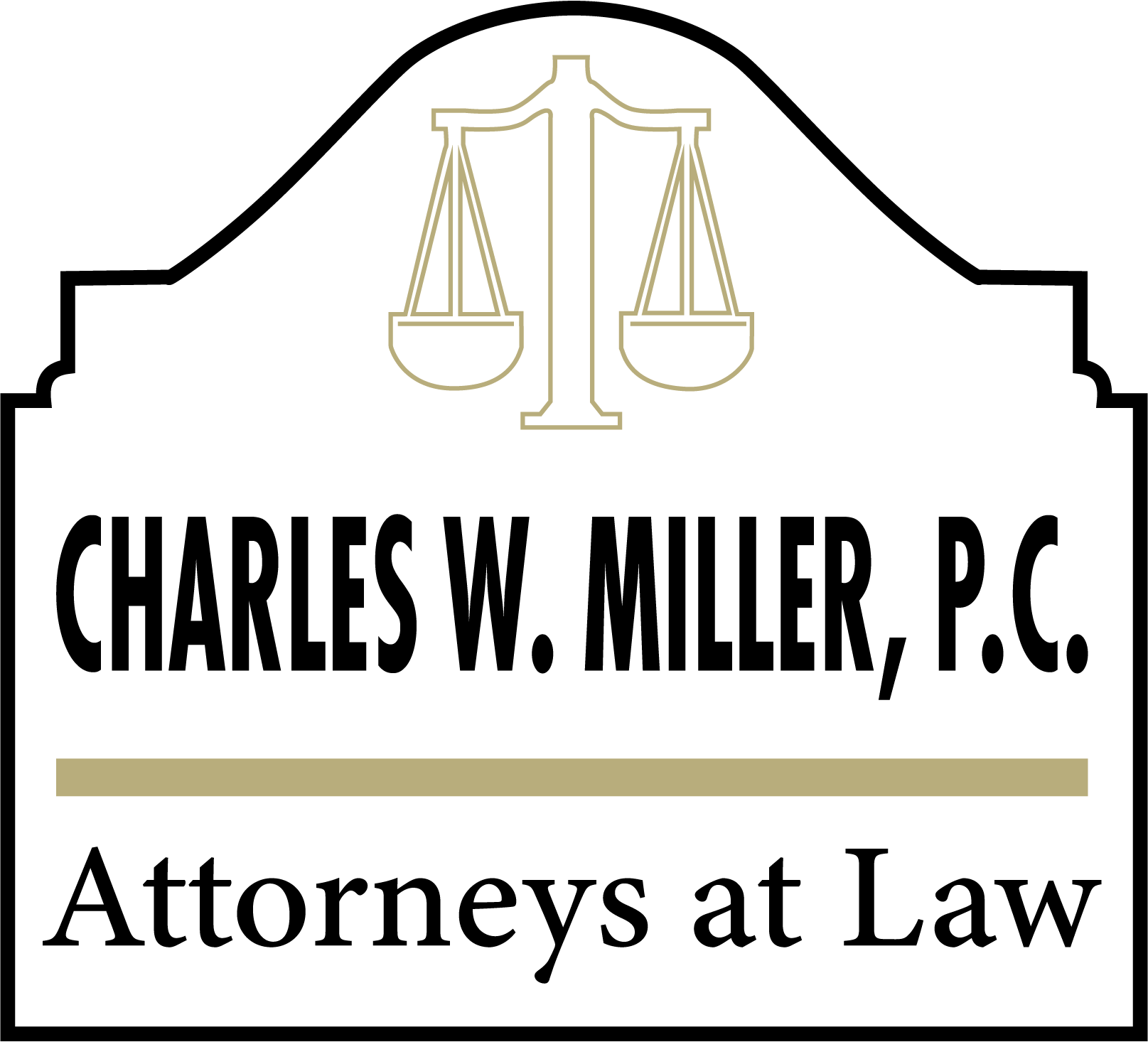Estate Planning? Isn’t that just for rich folks?
By Charles W. Miller
Copyright 2021 ©
Introduction to Estate Planning
You see a headline about the need for “Estate Planning” and immediately think “I don’t have enough to need this.” This is a common belief held by many people, and usually, if not always, it is an incorrect one.
Estate planning sounds pretty sophisticated. It sounds expensive. While it can be complicated and expensive for very wealthy people, it usually can be simple and affordable for most people. So, what then is estate planning?
Quite simply, it is a process whereby you plan in advance for what happens to your family and assets if you die, become incapacitated, and/or wind up in the hospital or a care facility with a severe condition or illness.
More importantly, you are handling often unpleasant tasks that your family will otherwise have to deal with one day. The need for this is one of life’s inevitabilities, and one that every person will face one day.
When I explain estate planning, I refer to what I call my “Rule of Three”. This refers to the fact that most people, at a minimum, should have three documents as part of their estate plan, and think of three people that they trust for each: A Will, A General (or Financial) Power of Attorney, and an Advance Directive for Healthcare (sometimes generally known as a Living Will or Healthcare Power of Attorney).
Will
A Will is a document whereby you name an Executor to make sure your assets are gathered up, your bills paid, and the remainder distributed the way you directed. Wills can be very specific, and you can sometimes do some creative planning in a will. This document is important because it allows you to control to the largest degree what happens to your assets, and how your loved ones may be cared for.
General (or Financial) Power of Attorney
A General (or Financial) Power of Attorney is used while you are alive. The biggest benefit to this document is it can help avoid a Guardianship and Conservatorship (a very expensive process in most states) and allow the agent you have named to handle your affairs and see to your care if you become unable to do so. It can also be used when you are temporarily unavailable. Most people erroneously believe that if they do become disabled a spouse or child can automatically handle their affairs. Unfortunately, this is usually untrue and leads to a lot of stress and cost for family members. A power of attorney can be a very valuable, cost-effective document to have.
Advance Directive for Healthcare
An Advance Directive for Healthcare is a document whereby you give explicit instructions to your named agent as to what care you want, or don’t want, in very specific situations. I sometimes refer to this document as the “I don’t want to lie in the hospital with tubes in me” document although it is much more than that. If you DO want to have those tubes you can make that clear too. The key to this document is that you will relieve your loved ones from having to make very stressful decisions at a horrible time.
Important Tips!
- Although most attorneys can write a version of these documents you may want to utilize the services of an Estate Planning Attorney as most of them spend a lot of time in this area and likely have a lot of knowledge as to what is best. Most Estate Planning attorneys can also explain the Probate process where you live (this is what happens to your will after you die). Thus, you can often have additional questions answered while doing your planning.
- Prices can vary. Often Estate Planning attorneys will charge a flat fee unless the estate is complicated at which point the work is usually done on an hourly basis. Most local and State bar associations can provide names of reputable Estate Planning attorneys in your area.
- Finally, having your affairs in order is the ultimate act of love for your loved ones since you will be keeping them from having to guess or stress out about what you wanted.


